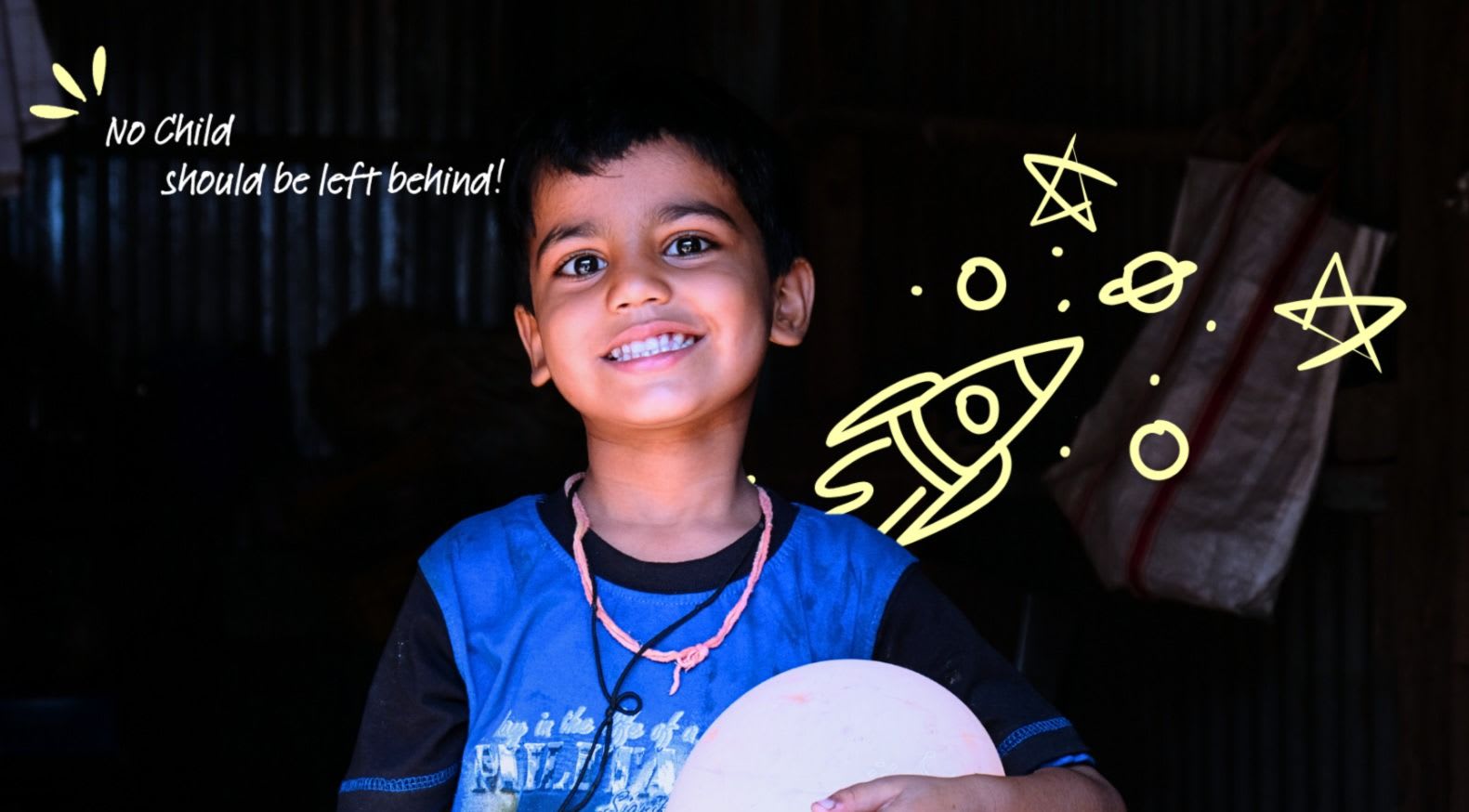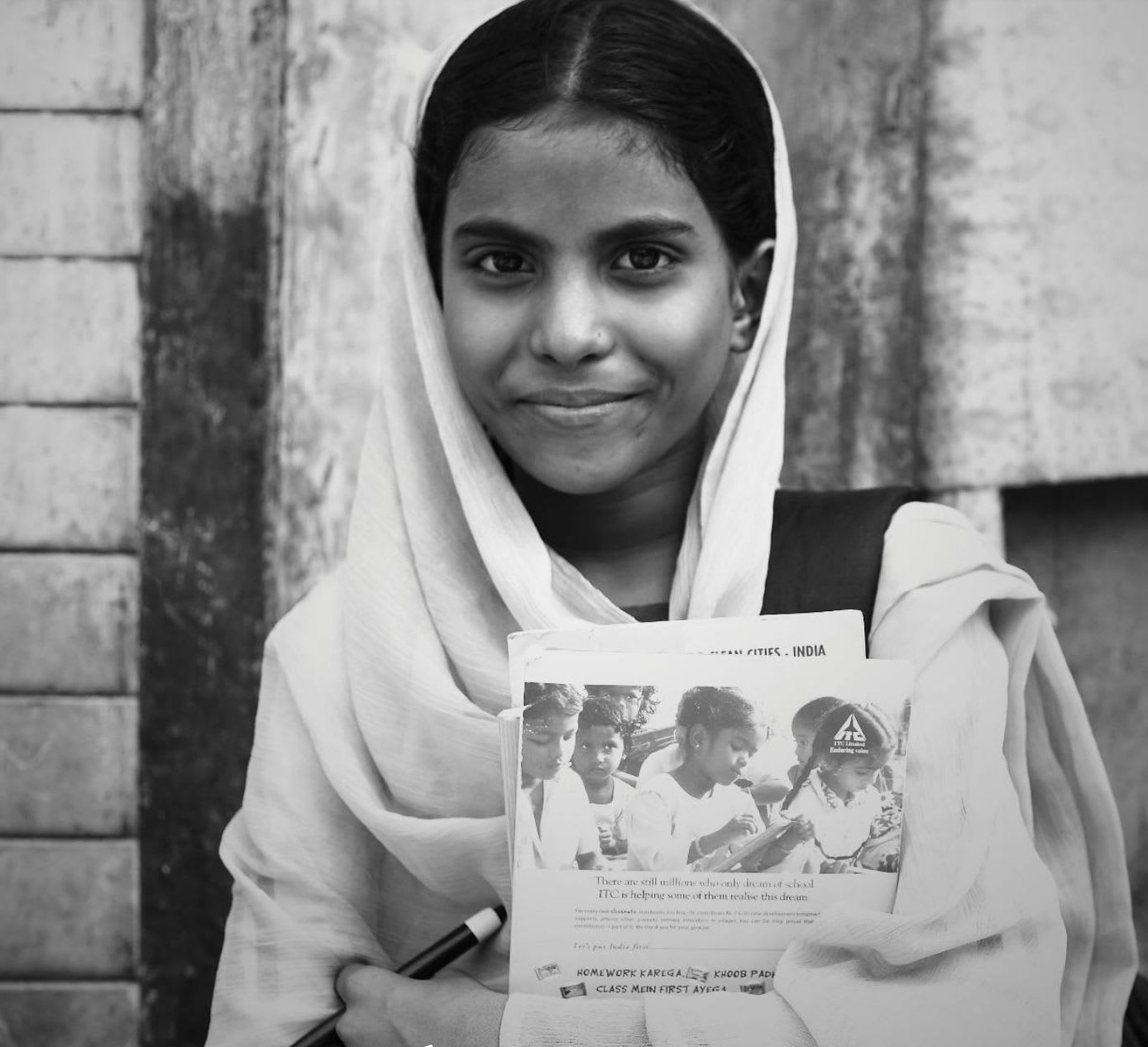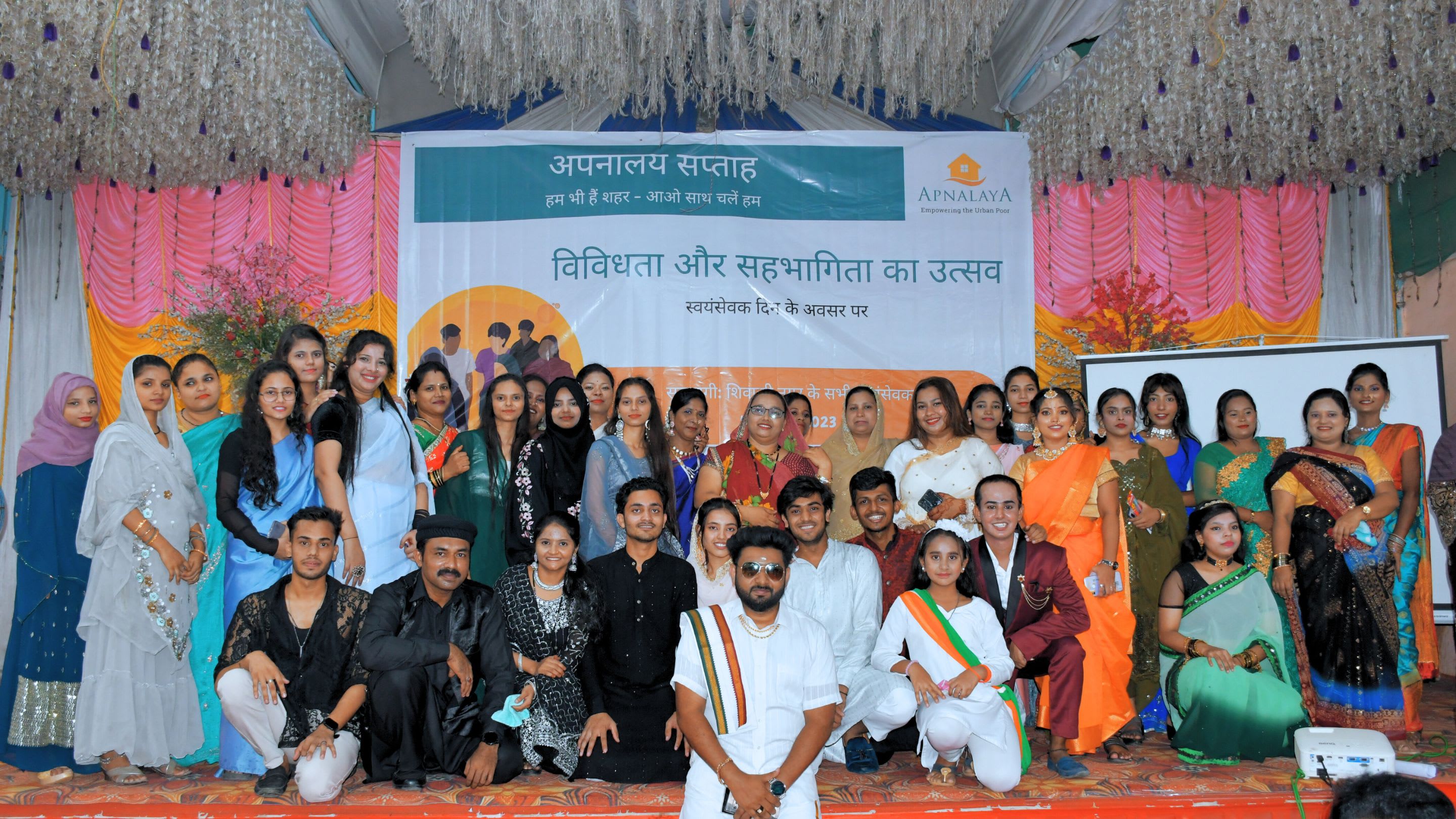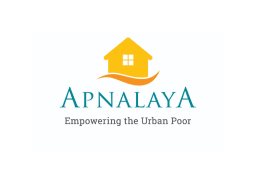
Apnalaya was founded in 1972 by Tom Holland, the then Australian Consul General in Mumbai. Initially called the Holland Welfare Centre, the organisation provided food and care to children of migrant labourers. In 1973, Apnalaya (“our space”, in English) was registered as a Society, and was being run by a small group of volunteers. By 1981, Apnalaya was working in five areas in the city – starting from the south, and expanding into the west, central and eastern parts. Interventions were varied, deep and were most often a direct response to what communities needed – from
balwadis (early child care centres) and clinics, to facilitating educational opportunities for women from indigenous communities.
The 90s saw Apnalaya evolve from supporting immediate community needs, to programmes using rights-based frameworks as their backbone. Towards the end of the 90s, in four out of five
communities, Apnalaya’s presence was no longer necessary, or the communities were strengthened to take over. The sole exception was Shivaji Nagar, in the M East ward, the area
Apnalaya has been operating in, since 1976. At present most of our work is focused in the M East ward of Mumbai, an area where people live adjacent to Asia oldest and largest dumping ground,
and where, on average 145 people share one toilet seat. The average age at death here is 39, every second child is underweight, women’s participation in the labour force is 9.7% and a family of five typically survives on a combined monthly income of Rs. 13,555.
Recasting an Integrated Community Development Approach, we developed a structured curriculum-based citizenship programme and ensured that all our interventions were gender
informed. Detailed measurement and evaluation tools were put in place to capture data across all programmes to track the impact of our work. Apnalaya is now recognised for its sustained holistic work with the urban poor and the local government, informed by evidence from the ground. Although urban centres present real opportunities for poor people, they also create and feed conditions within which poverty spreads. Tackling the problem of Urban Poverty is complex. To effect change on the ground, through our three verticals - Health & Disability, Education & Livelihoods and Citizenship & Advocacy - Apnalaya takes a multi-dimensional approach, one where we work with Individuals, Communities and Government at various levels.
Fundraisers

Equip Vulnerable Youth with Skills for Brighter Futures!
- Raised
- $0
- Next milestone
- $100

From Exclusion to Empowerment - Ensuring Equality for all
- Raised
- $0
- Next milestone
- $100
Donors
WARREN RUSSELL
